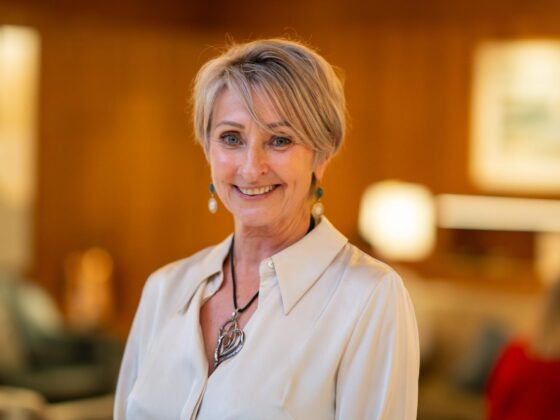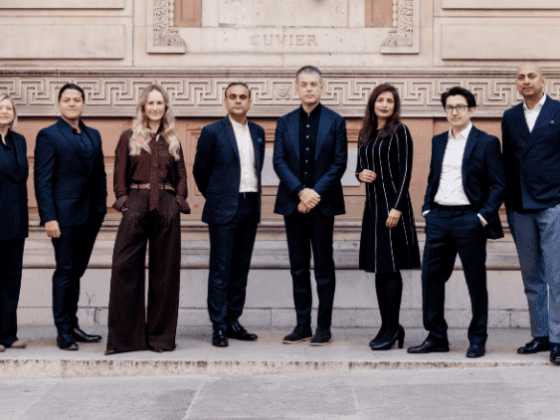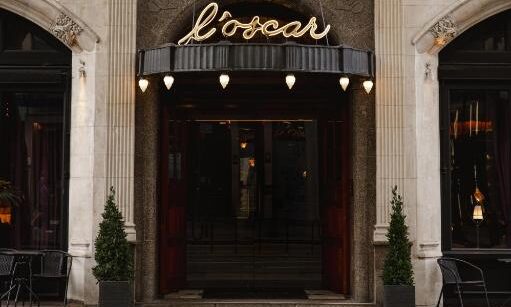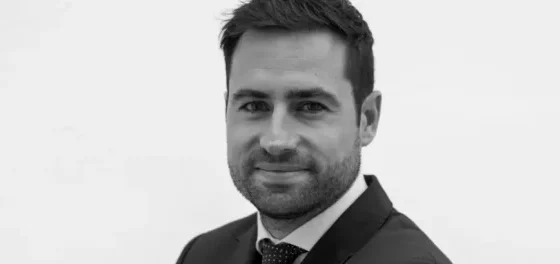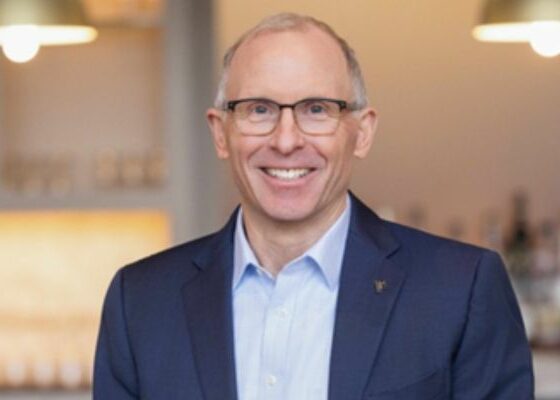Zimbabwe’s Arundel School has been providing an outstanding academic environment to the country’s young women for 70 years. Its Head, Kudzayi Shawatu, is looking to enhance her strategic and leadership skills, and she’s chosen the Executive Master’s in Luxury Management and Guest Experience to support those ambitions. We met her to find out more…
Nestling in verdant acres of former farmland, Zimbabwe’s Arundel School had its foundation stone laid in May 1955, with the first intake of students arriving the following January. Fast forward seven decades, and the school is today a beacon of excellence in education, ranking among the country’s highest achieving academic institutions.
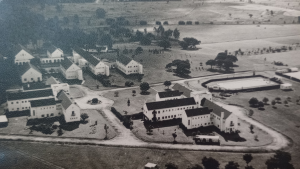
Kudzayi Shawatu has been Head of the school since 2021. She’s a dynamic educationalist with more than 20 years’ experience in leadership and governance of elite all-girls’ institutions, carrying with her a passion to empower and nurture young women to excel in a dynamic, global environment.
For someone so deeply immersed in the world of education, it might seem incongruous to go ‘back to school’; but for Kudzayi there are plenty of good reasons to embark on fresh studies with Glion.
“Leadership these days involves much more than staff management or the ability to navigate boardroom politics; it calls for a well-rounded set of capabilities that encompasses strategic thinking, stakeholder management, storytelling, and an ability to sway the most deeply held opinions. I felt that this executive program addressed these needs,” Kudzayi explains.
“My goal is to increase my capacity for making strategic decisions, managing teams, and leading institutions well through sustainable business models.”
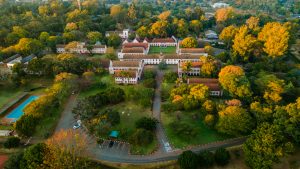
Study your own way
One of the keys to her taking on this program is its flexible learning structure, which Kudzayi can balance with the demands of running a school that welcomes some 545 pupils, including approximately 230 boarders, representing all senior school cohorts including 6th form.
She notes how she has enjoyed the ability to incorporate her studies within her professional and personal commitments; and she also lauds the accessibility such a program structure affords.
“Distance education erodes socio-cultural and geophysical barriers, which sometimes can result in bottlenecks and exclusion of potential students. It is an optimum tool for diversity, equity, inclusion, and belonging (DEIB) in tertiary education,” she says.
Making the connection
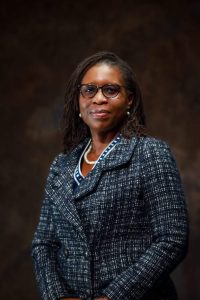
Part of the USP of this Executive Master’s is the networking component – we often talk about it as “remote learning that doesn’t feel remote”. For Kudzayi this has been an important factor.
“It allows us to connect with mentors, lecturers, industry experts and colleagues in niche markets, all of whom can provide valuable insights, advice and opportunities for career growth,” she says.
“As a student, it’s also an opportunity for me to market myself and my institution. I can build rapport by cultivating relationships, and that gives me the chance to discover like-minded peers who can carry me through the program and vice versa.”
London calling
While the principal study modules are all delivered remotely, this Executive Master’s delivers a face-to-face component in the form of its two Residential Weeks. Unable to attend the Swiss Residential Week, Kudzayi made the most of her opportunity to visit London.
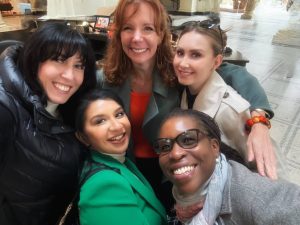
She says of the Residential Week experience, “It was overwhelming at first, but it was a great way to create bonds with fellow students and understand different cultural dynamics, as everyone is not only different but can also contribute excellently to the group work that is done online. I found it enriching to be taught by – and to interact directly with – leaders across different sectors of luxury. This brought to life some concepts that are difficult to appreciate in the abstract world of virtual learning.
“Coming from a lower middle-income country with substantial human and natural capital – and significant growth potential – I found the visits to Burberry and Cartier stores, to name a few, to be ‘Alice in Wonderland’ moments. Arundel School celebrates its 70th Anniversary this year and, with reference to the products that represent aesthetics, precision and refinement, it gave me the opportunity to reflect on the next decade for the school.”
As with Glion’s 60th Anniversary a couple of years ago, the 70th Anniversary is one that all the pupils and staff of Arundel School are relishing. And thinking about the future of the institution prompted Kudzayi to select the module on ‘Implementing a Sustainable Luxury Strategy’ as the most valuable she has undertaken to date.
She notes, “This brought insight and challenged me to want to be a leader who can find methods to maintain sustainable management models and manage one’s social and geophysical ecosystem effectively and efficiently. Future leaders need to be well-versed in these areas. Moreso future female leaders from societies that still have biases emanating from patriarchal systems.”
Wise advice
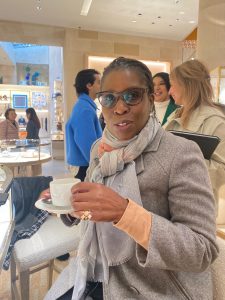
Kudzayi finished by offering some wise words of advice for future Executive Master’s participants.
“It’s important to be prepared to reflect a lot and to grow in the process. This can be a humbling experience, but it’s one you should embrace fully. Establish what you can and can’t accomplish and be realistic. Take your assignments piece by piece and break the work down into segments that you can manage. Think of it in stages: today is the outline; tomorrow is the introduction; and so on.
“Above all, remain positive and appreciate working in a multicultural context where everyone has a sense of belonging. It’s not a lonely journey – your peers and lecturers are there for you. Reach out.”

